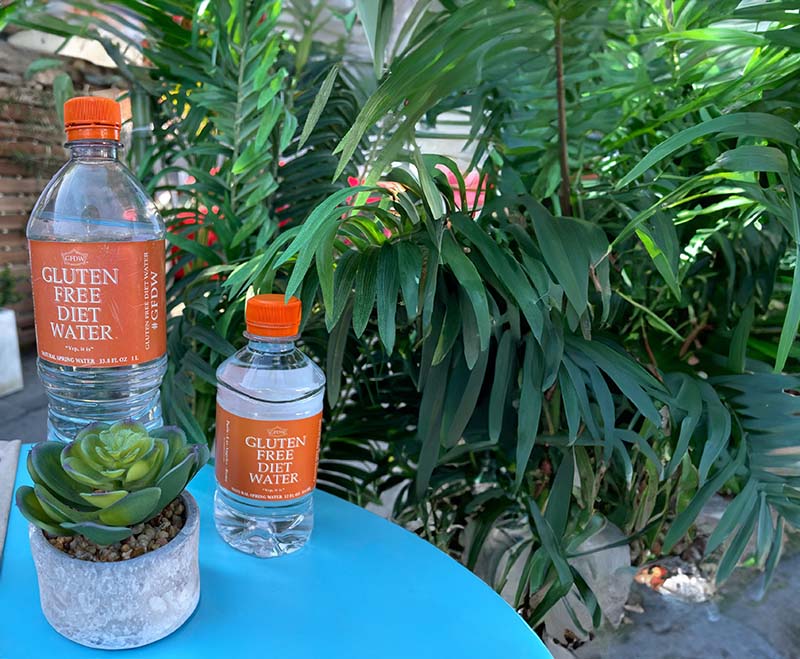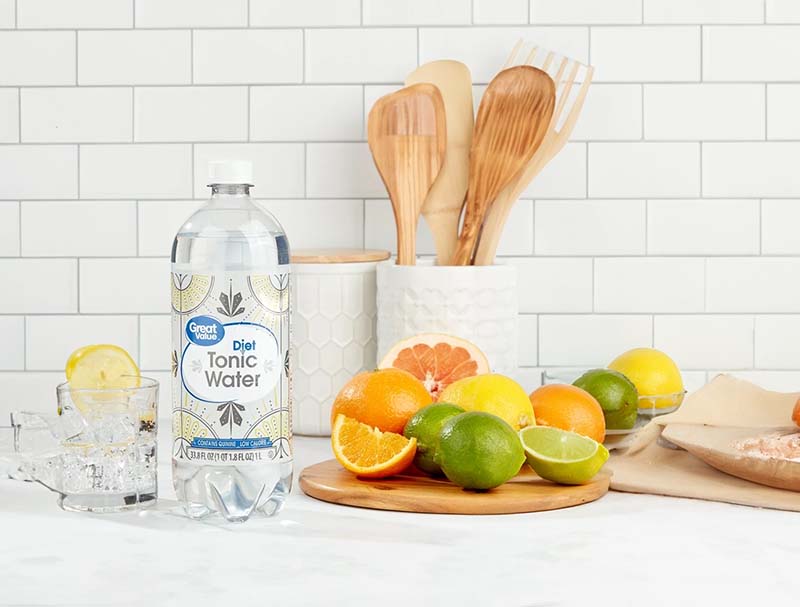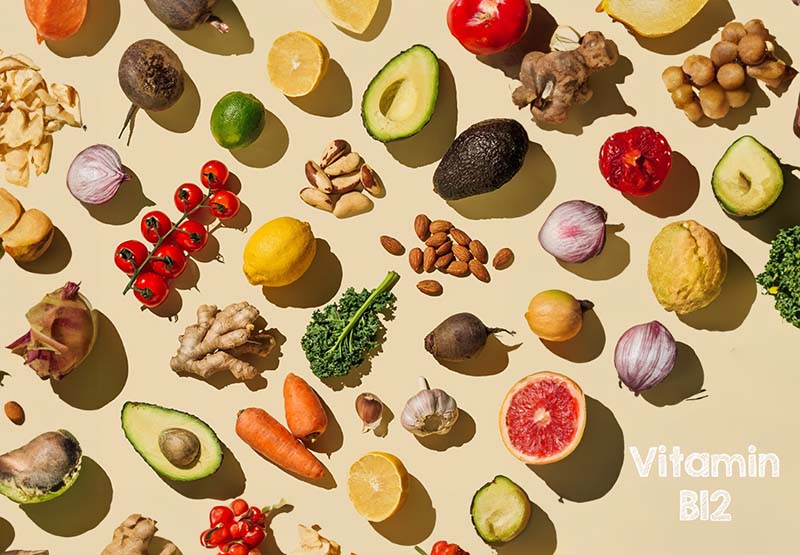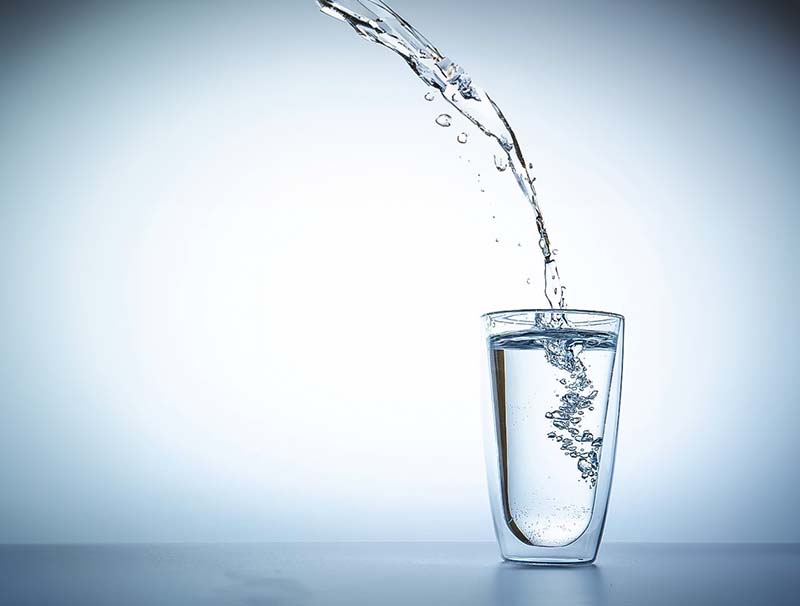In the realm of weight management, individual experiences vary significantly, with some finding the journey more challenging than others. This variation is a key driver in the current expansion of the weight loss product industry. A notable trend within this sector is the emergence of beverage products aligning with fitness goals, promising to aid in weight reduction. Among the latest additions to fitness-oriented beverages is Diet Water. This concept might seem unconventional, yet numerous manufacturers are now introducing such products to the market.
1. What Is Diet Water?
Diet water is an enhanced version of regular water. It’s not your typical H2O; this water is boosted with extra nutrients. Think of it as water with a health kick – it’s got vitamins, minerals, and sometimes even amino acids or herbs mixed in.

The key thing that sets diet water apart is this nutrient boost. While regular water is all about hydration, diet water steps it up by offering additional health benefits. This could include anything from essential vitamins that support your body’s functions to minerals vital for well-being.
Why are people drawn to diet water? A lot has to do with marketing and how we perceive health products. As more people focus on healthy living, products like diet water get spotlighted as healthier options. The word “diet” often suggests benefits like weight loss or improved health, which can be very appealing.
2. History and Origin of Diet Water
Diet water’s history traces back to the early 19th century, specifically to 1820. This is when Lord Byron, an influential figure, brought attention to the Vinegar and Water Diet. His approach was simple yet revolutionary for its time – combining water with apple cider vinegar. This concoction was one of the earliest forms of what we now call diet water, marking a significant moment in the history of dietary innovations.
3. How Diet Water Works?
Diet water is a type of water that is designed to help people lose weight. It is typically made by adding ingredients to plain water that are believed to help increase metabolism, suppress appetite, or provide other weight loss benefits. Here’s a general overview of how diet water works:

3.1 Ingredients and Mechanism of Diet Water
Ingredients:
Diet water may contain a variety of ingredients that are believed to aid in weight loss. Some common ingredients include:
- Caffeine: A stimulant that can help increase metabolism and suppress appetite.
- Green tea extract: A natural antioxidant that may help increase metabolism and improve insulin sensitivity.
- Glucomannan: A fiber that can help reduce hunger and promote feelings of fullness.
- Conjugated linoleic acid (CLA): A fatty acid that may help reduce body fat.
- Garcinia cambogia: A fruit extract that may help suppress appetite and inhibit fat production.
Mechanism of action:
Diet water works by providing the body with a boost of nutrients and ingredients that can help support weight loss. When consumed, the ingredients in diet water may help:
- Increase metabolism: Caffeine and other stimulants in diet water may help increase metabolism, which can help the body burn more calories and aid in weight loss.
- Suppress appetite: Ingredients like caffeine and garcinia cambogia may help reduce hunger and promote feelings of fullness, making it easier to stick to a healthy diet and calorie restriction plan.
- Improve insulin sensitivity: Green tea extract and other antioxidants in diet water may help improve insulin sensitivity, which can help the body more effectively use insulin and regulate blood sugar levels.
- Provide a feeling of fullness: Glucomannan and other fibers in diet water may help provide a feeling of fullness and satiety, reducing the desire to snack or overeat.
3.2 Comparing Diet Water with Regular Water
Diet water is frequently presented as a superior option to regular water, especially in terms of health benefits. Many believe it can aid in weight loss and offer other health advantages.
Nevertheless, it’s important to approach these claims with a critical eye. The scientific backing for the effectiveness of diet water is somewhat scarce. Research has not consistently demonstrated that diet water is significantly more beneficial than plain water. In fact, some studies suggest that there may not be a notable difference in the health benefits offered by diet water compared to regular water.
4. Benefits of Diet Water
Diet water, often seen as an advanced version of regular water, presents several potential benefits, particularly in the context of weight management and overall health:
4.1 Health Benefits
- Improved Hydration: Although all types of water hydrate the body, diet water often includes added electrolytes. These electrolytes can be particularly beneficial for faster rehydration, especially after rigorous physical activity, aiding in quick recovery.
- Supplemental Nutrients: Diet water can be a convenient additional source of nutrients for those who may lack them in their regular diet. For instance, water that is fortified with vitamin B12 can be particularly useful for vegetarians or vegans, who might not get enough of this essential nutrient.
- Enhanced Taste: Regular water can seem unappealing to some due to its lack of flavor. Diet water, with its added flavors or minerals, can taste better, which might encourage people to drink more. Increased water consumption is generally beneficial for overall hydration.

4.2 Benefits for Weight Loss
In terms of weight loss, diet water has become increasingly popular in a health-focused society. It is often believed that the added ingredients or minerals in diet water could support weight loss or promote better hydration. However, it’s crucial to note that there is currently no concrete scientific evidence to suggest that diet water is more effective for weight loss than regular water.

5. Risks and Considerations
Diet water, often touted as a healthier option compared to regular water, comes with its own set of risks and considerations that should not be overlooked:
5.1 Potential Risks
- Added Sugar: A major concern with some diet waters is the presence of added sugars. The consumption of added sugars in beverages can lead to an increase in calorie intake, which may contribute to weight gain and other health issues, including heart disease.
- Artificial Sweeteners: These calorie-free sweeteners are a subject of ongoing debate. Certain studies have indicated a potential link between artificial sweeteners and various health problems, such as weight gain, disturbances in gut health, and an increased risk of developing type 2 diabetes.
- Cost Implications: Choosing diet water over regular tap water can be more expensive. The additional cost might not always be worth the perceived benefits, especially if the diet water includes undesirable additives.
5.2 Things to Consider When Using Diet Water

- Hydration Goals: If your goal is enhanced hydration, particularly post-workout, diet waters with added electrolytes can be beneficial. However, it’s important to select those without added sugars or artificial sweeteners.
- Health Concerns: For individuals who are monitoring their sugar intake or have specific health conditions, it’s critical to read the product labels carefully. It’s best to avoid diet waters containing ingredients that could aggravate health issues.
- Taste Preferences: If the taste of diet water, especially flavored varieties, helps you drink more and stay hydrated, this could be a positive aspect. However, this preference should be balanced with the consideration of any added sugars or artificial ingredients.
6. Combining Diet Water with Diet and Exercise
Achieving optimal weight loss typically involves a combination of diet and exercise rather than relying on one method alone. Including diet water as part of this regimen can support your efforts. The best weight loss exercises are more effective when your body is adequately hydrated with diet water, which may contain added nutrients or electrolytes.
6.1 Pairing Diet Water with a Diet Plan
If you’re considering using diet water, integrating it with a structured diet plan can optimize results. One approach is intermittent fasting, which involves alternating periods of fasting and eating. For example, a common method is to fast for 16 hours, during which only water is consumed, followed by an 8-hour eating window. Starting the 16-hour fasting period in the mid-day or afternoon can align with the body’s natural detoxifying process during sleep. Drinking plenty of water, including diet water, a few hours before bedtime can aid this detoxification.
6.2 Incorporating Diet Water into Physical Exercise
While diet water can be a helpful addition to your routine, it’s not a standalone solution for weight loss. Regular physical exercise, ideally 30 to 45 minutes daily, is crucial for achieving significant results. Diet water can help keep you hydrated during these workouts, potentially enhancing performance and recovery, especially if it contains added electrolytes.

7. Frequently Asked Questions
7.1 Is Diet Water Safe for Pregnant Women and Children?
The safety of diet water for pregnant women and children is a topic with limited research. If you are pregnant or have a child, it is advisable to consult with your healthcare provider before incorporating diet water into your or your child’s diet.
7.2 Can I Replace Regular Water with Diet Water?
Whether you can replace regular water with diet water depends on your specific needs and preferences. If your goal is to enhance your hydration, diet water can be a suitable choice. However, if you have concerns about added sugars or artificial sweeteners, you may prefer to stick with plain water.
7.3 Are There Any Other Diet Methods Similar to Diet Water?
Yes, there are several alternative options to diet water, each with its own benefits:
- Regular Water: Plain water is a calorie-free and sugar-free way to stay hydrated.
- Sparkling Water: Sparkling water provides a refreshing alternative to regular water and is also free of calories and sugar.
- Herbal Teas: Herbal teas offer added nutrients and antioxidants while being calorie-free and sugar-free.
- Fruit-Infused Water: Fruit-infused water is a flavorful way to stay hydrated without adding calories or sugar.
8. Conclusion
In conclusion, diet water is a fascinating addition to the world of wellness, offering potential benefits while posing some considerations. We hope this blog has shed light on this unique product. Have you tried Diet Water? Share your experiences and insights with us – we’d love to hear from you! For more informative reads on health and nutrition, explore our other blogs at Diethcg. Stay hydrated and stay healthy with Diet Water!


